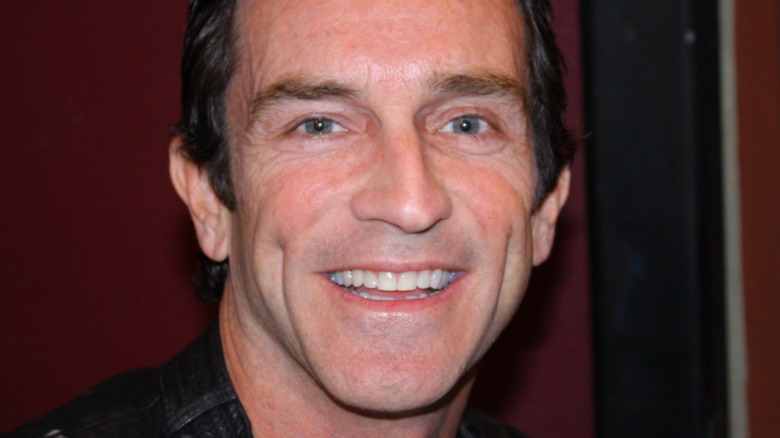Proof That Being A Survivor Contestant Has Its Consequences
With a name like "Survivor," it's no surprise that the contestants on the iconic reality show are under a good deal of stress. Over the show's long run, viewers have watched as contestants double-cross each other, sabotage their tribes, and even lie about their grandma dying.
For those that have never tuned in, the premise of "Survivor" involves a group of strangers being dropped on a "remote" island. The contestants are supposed to "survive" by building shelters and procuring food. Meanwhile, they are also expected to compete in challenges dreamed up by producers to up drama. The contestants are eliminated week by week until just one is left standing and holding a hefty check.
Long story short, it's high stakes. High enough stakes that it's not rare to see a contestant totally lose it due to the immense pressure they face on the series. To get the inside scoop on the long-term psychological effects of participating in the show, Nicki Swift spoke to Dr. Carla Marie Manly, a clinical psychologist familiar with the show.
Reality TV can take its toll
According to Dr. Carla Marie Manly, any event, big or small, can have a large impact on your emotional state. When you go on reality TV, consider those stresses multiplied. "When we look at reality shows such as 'Survivor,' the dramatic, intense level of these experiences certainly affects the participants both psychologically and physically." There are a variety of situations that arise on "Survivor" that likely negatively affect the contestants.
The pressure of cohabiting with strangers, all while being filmed, is a good example. "Learning to collaborate, wade through interpersonal dynamics, handle conflicts, and deal with a high level of unknowns in the 'Survivor' environment can take a psychological toll," Dr. Manly explained. "This can lead to issues such as sleeplessness, irritability, emotional disregulation, eating issues, lack of focus, and anxiety."
Dr. Manly added that the physical demands of the game could be just as stressful as the social demands. It's the very nature of the show, though, that makes "Survivor" a potentially damaging experience. "The sheer dynamics of 'Survivor' trigger the basic fear response related to being cast out or excluded. As humans, we want to be included in order to feel safe and secure; 'Survivor' purposefully evokes the competitive energy that results in some people being 'rejected.'"
Additionally, you've got to take the highs with the lows. "Television stardom, no matter how fleeting, can feel tremendously exciting," explained Dr. Manly. "The contrast between 'Survivor' life and 'real' life can trigger sadness and even depression."


